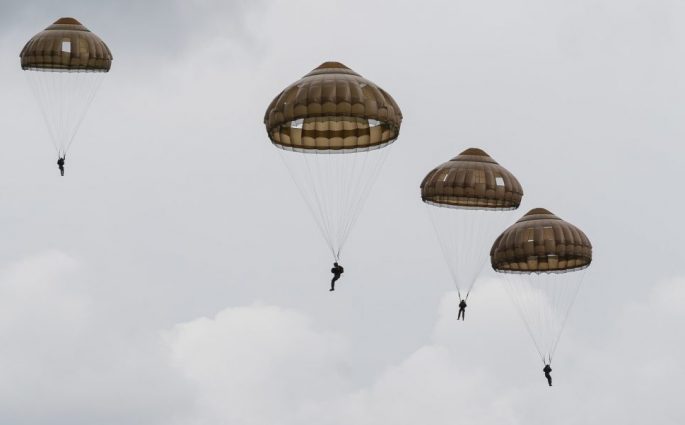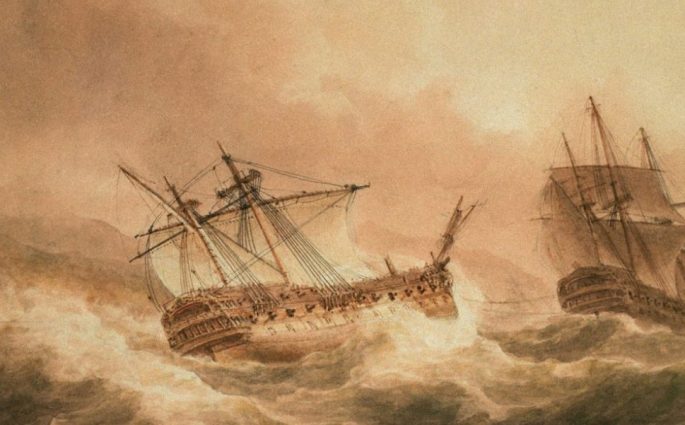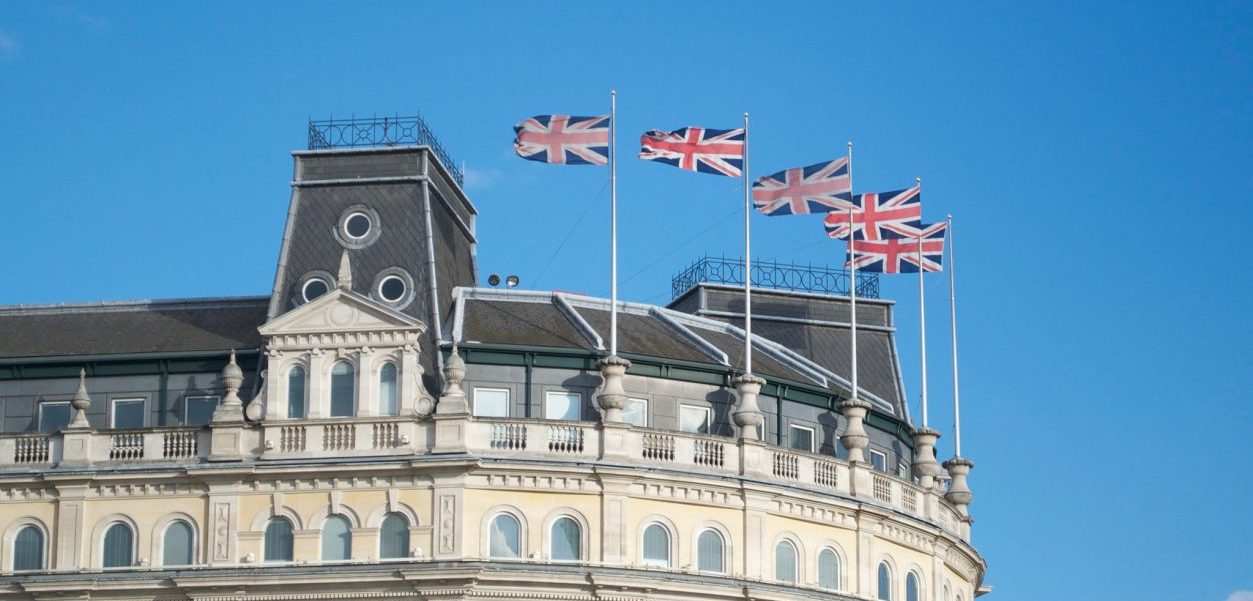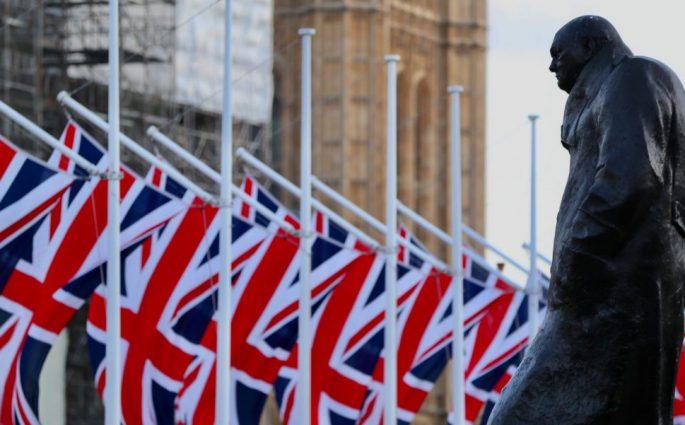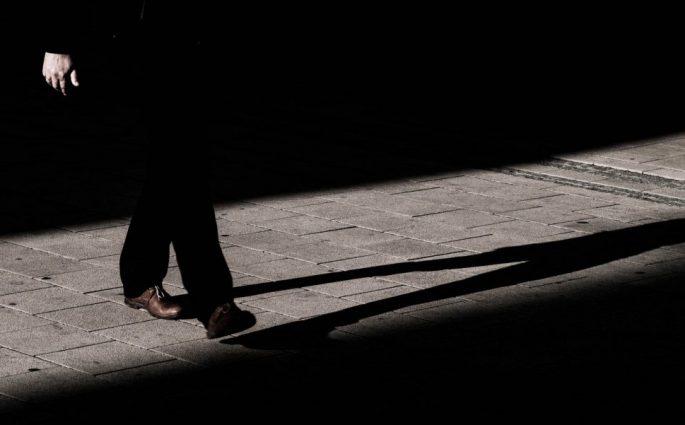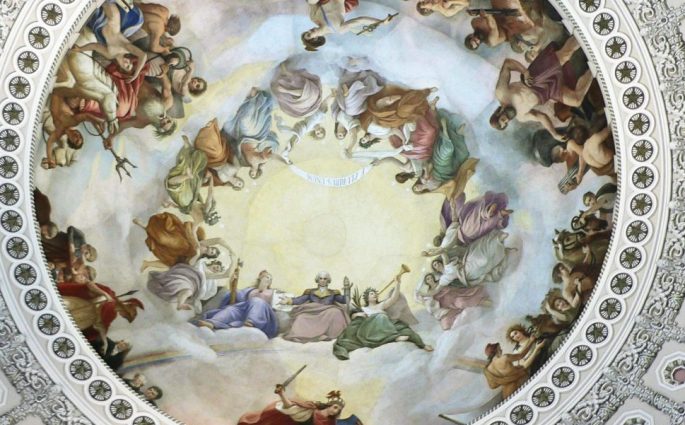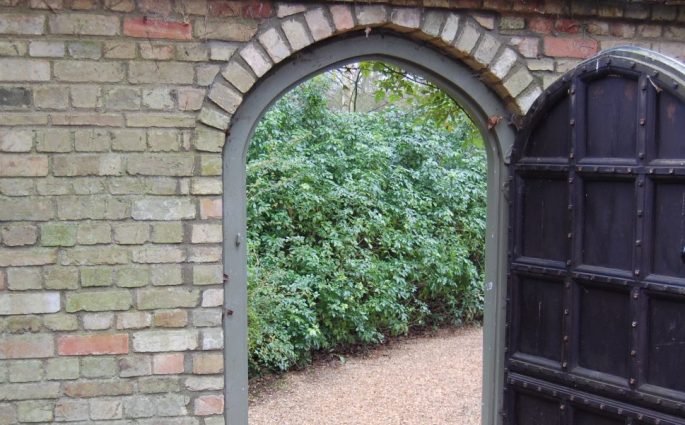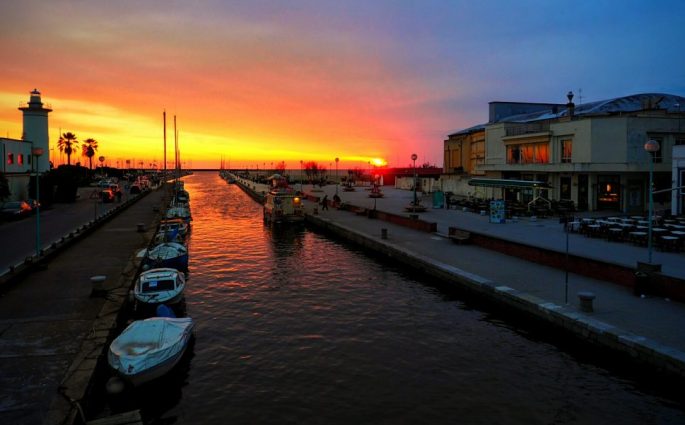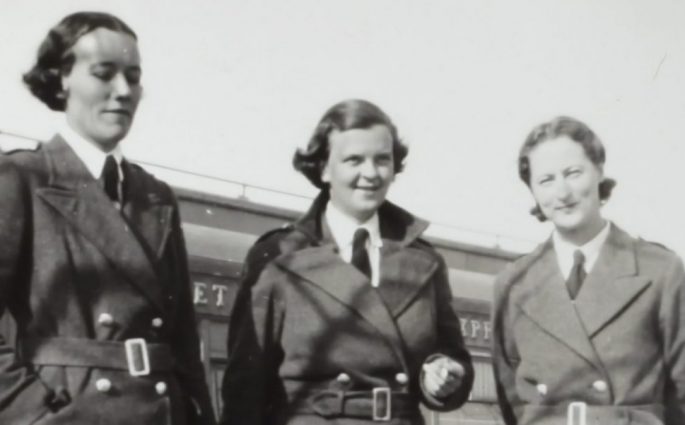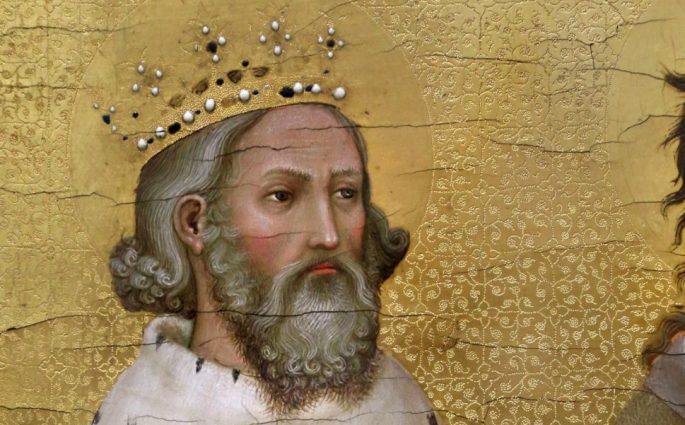What Could Be More Tempting?
Harry Rée— What was it that made an Englishman want to parachute into occupied France, in civilian clothes? It was understandable for Frenchmen: they naturally wanted to get back home and more still to get away from the sickbed smell of the Français de Londres. But why should there have been

